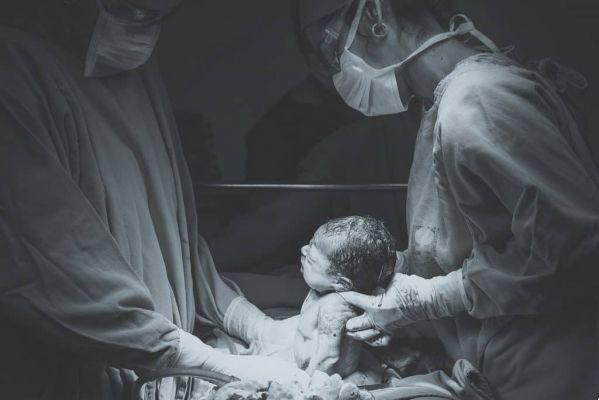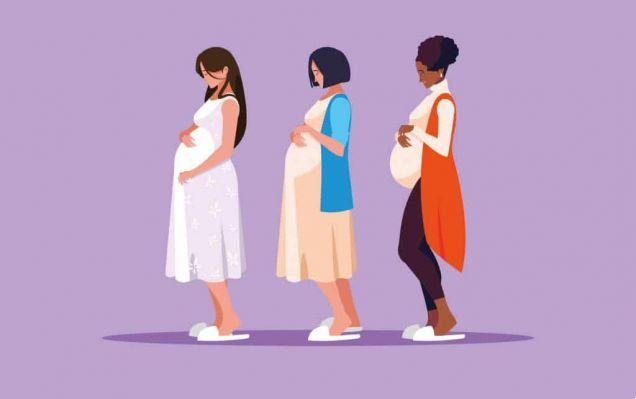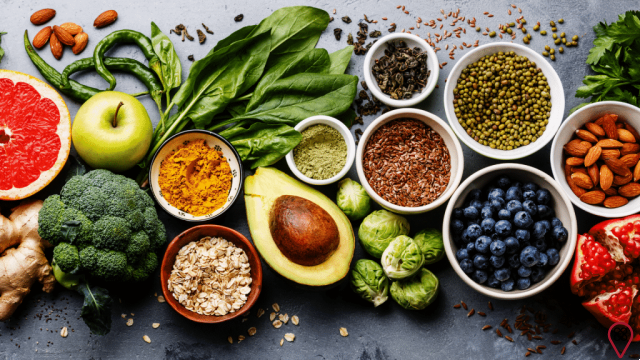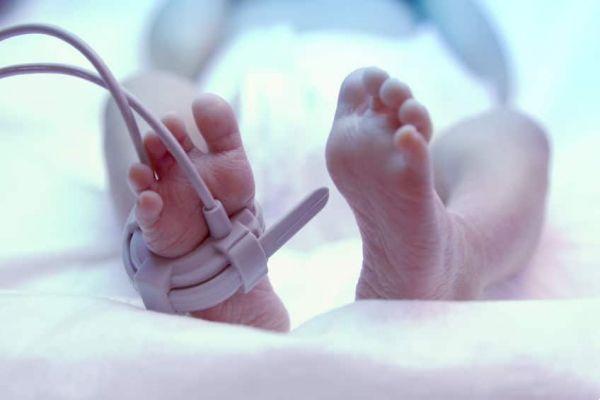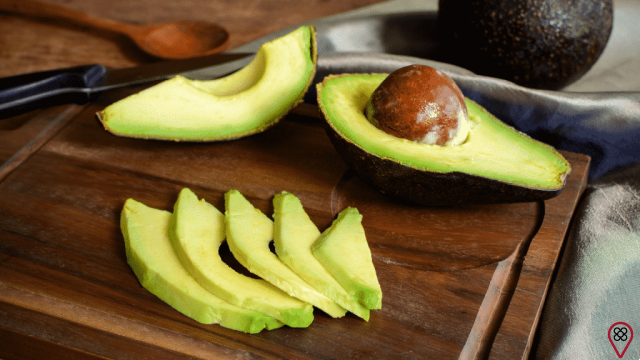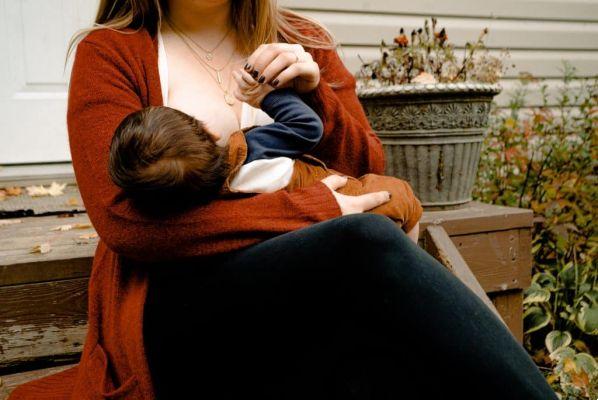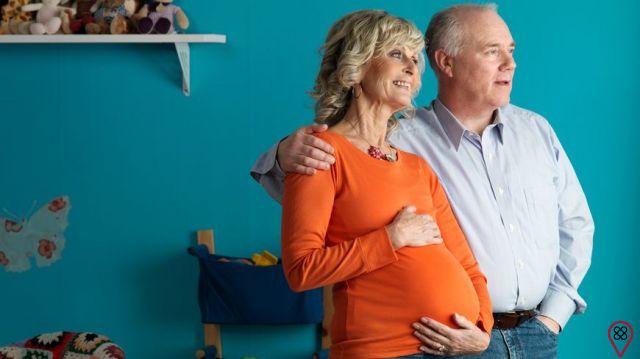The birth of a life is a moment of great joy and celebration for the people who are part of that moment. At the same time, the postpartum period is a time of adaptation, insecurities and exhaustion. This period is called puerperium and represents a moment of transition in the life of a woman who has just become a mother, whether for the first time or not.
Pregnancy, like motherhood, is a process that has many transformations. These changes affect several women, such as the socialite Kylie Jenner, who vented about how the puerperium is a difficult time on her social networks.
Who is Kylie Jenner?
Kylie Jenner is an American media personality born in Los Angeles. The 25-year-old businesswoman owns one of the biggest cosmetics companies today, Kylie Cosmetics.
Daughter of Kris Jenner, the young woman is the youngest of the famous Kardashian family. The younger sister of billionaire Kim Kardashian has gained fame since she was a child, by participating in the family reality show, “Keeping Up With the Kardashians”, and currently in the new series “The Kardashians”.
Kylie is the mother of Stormi Webster (4 years old) and recently gave birth to her second child with singer Travis Scott, whose name has not yet been released by the couple. The second-time mother used her social media to vent and support other mothers.
“I just want to say to postpartum moms that it hasn't been easy. It hasn't been easy, it's been very difficult. This experience for me personally was a little more difficult than it was for my daughter. It's not easy mentally, physically, spiritually. It’s just crazy,” said the influencer through videos.
What is puerperium?
The puerperium is the period that begins shortly after the birth of the baby, the postpartum period. The phase, which is also known as guarding or quarantine, is a process of adaptation of the body and mind that a woman goes through after giving birth, being a delicate moment, with many changes.
How long does the puerperium last?
The puerperium begins to count right after the baby's first day of life, but the end is not well defined. Some doctors believe that the moment lasts only 45 days, but others understand that each body can take a different time, and it can take up to 12 months for a full recovery.
What are the main effects on women during this period?
During pregnancy, the female body goes through many physical changes, hormonal and emotional changes. Soon after childbirth, the body begins to prepare to return to its pre-pregnancy state, that is, the organs begin to return to their normal state and the hormones undergo more adaptations.
The period can be divided into three phases: the immediate puerperium, which goes from the 1st to the 10th postpartum day; the late puerperium, which lasts from the 11th to the 42nd day; and the remote puerperium that takes place from the 43rd day onwards. However, the phase can be extended according to the breastfeeding flow and — as mentioned earlier — according to each case.
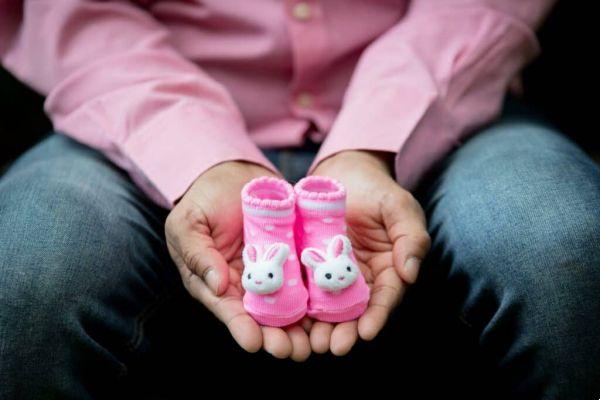
Physical effects of the puerperium
During the postpartum period, the postpartum woman has lochia, bleeding that is initially abundant, but decreases with time and occurs due to the healing of the place where the placenta was located. The woman may still experience vaginal pain or discomfort due to childbirth and have urinary incontinence in the first few months.
Your organs begin to return to their pre-pregnancy positions and your belly bulges due to the uterus not yet being its normal size. With this, the body undergoes a whole internal movement of the abdominal organs and muscles, and the uterus begins to contract to return to its pre-pregnancy measure, which can cause cramping.
During the period, the woman's breasts swell and harden due to the high milk production for breastfeeding the baby. Breastfeeding has a direct impact on a woman's recovery, as mothers who do not breastfeed menstruate between 1 to 2 months after giving birth, while those who breastfeed have menstruation only after 6 months.
You may also like
- Reflect on the main challenges of the puerperium
- Energize yourself with crystals for pregnant women and babies
- Postpartum depression symptoms
- Avoid the perfect life syndrome on social media
- Postpartum Depression: Breaking the taboos
Emotional effects of the puerperium
Hormonal changes and the processes of adaptation to the baby cause several symptoms in puerperal women, such as:
• Emotional instability;
• Extreme tiredness;
• Sudden changes in mood;
• Irritability;
• Euphoria.
There is also the fear of developing psychological disorders, such as postpartum depression, which requires a diagnosis from a psychiatrist and is due to a psychological condition in a critical situation that presents continuous sadness, unhappiness, apathy and even early weaning.
Another disorder that can occur is baby blues, very common among women during the first weeks of the puerperium, which presents symptoms linked to emotional instability, such as sadness, euphoria, irritability, easy crying and others.
How to take care of yourself in the puerperium period?
Medical follow-up is essential during this period, and it is necessary to consult the gynecologist and the obstetrician between 1 and a half and 2 months after delivery, to check the uterine healing. Psychological follow-up is also recommended to help with adaptation and emotional instability.
The support network is also essential for postpartum women, as emotional support from family and friends helps the new mother's quality of life. Attention to psychic changes helps to identify very sudden changes and the possible development of psychological disorders.
The changes in the life of a woman who has just become a mother involve indescribable feelings, from a feeling of infinite love to a possible deep sadness. In addition, the puerperium period can last for months for some of them, so it is important that we take care of mothers while they take care of babies. Have you ever wondered how you can be part of a new mother's support network?








